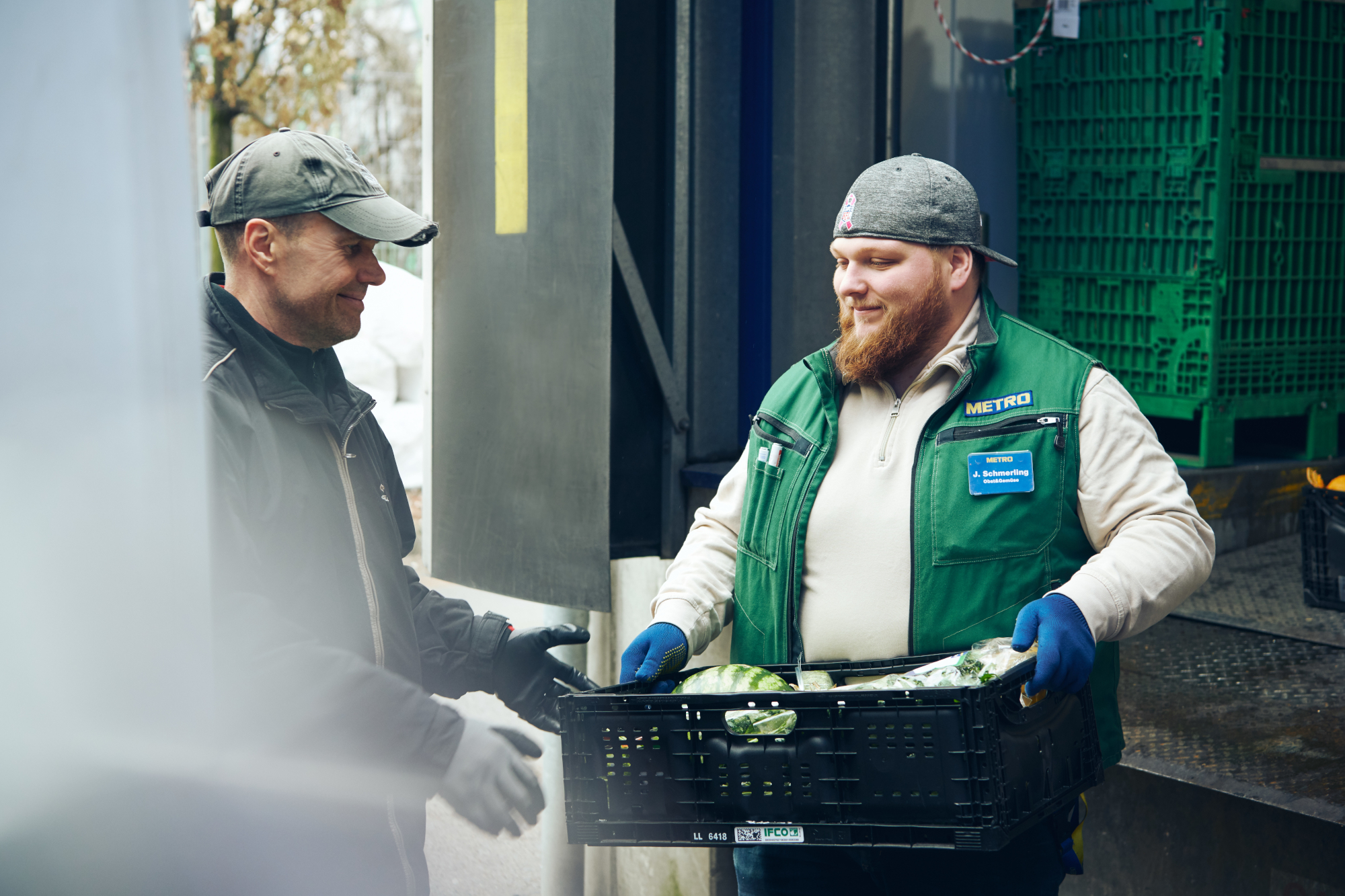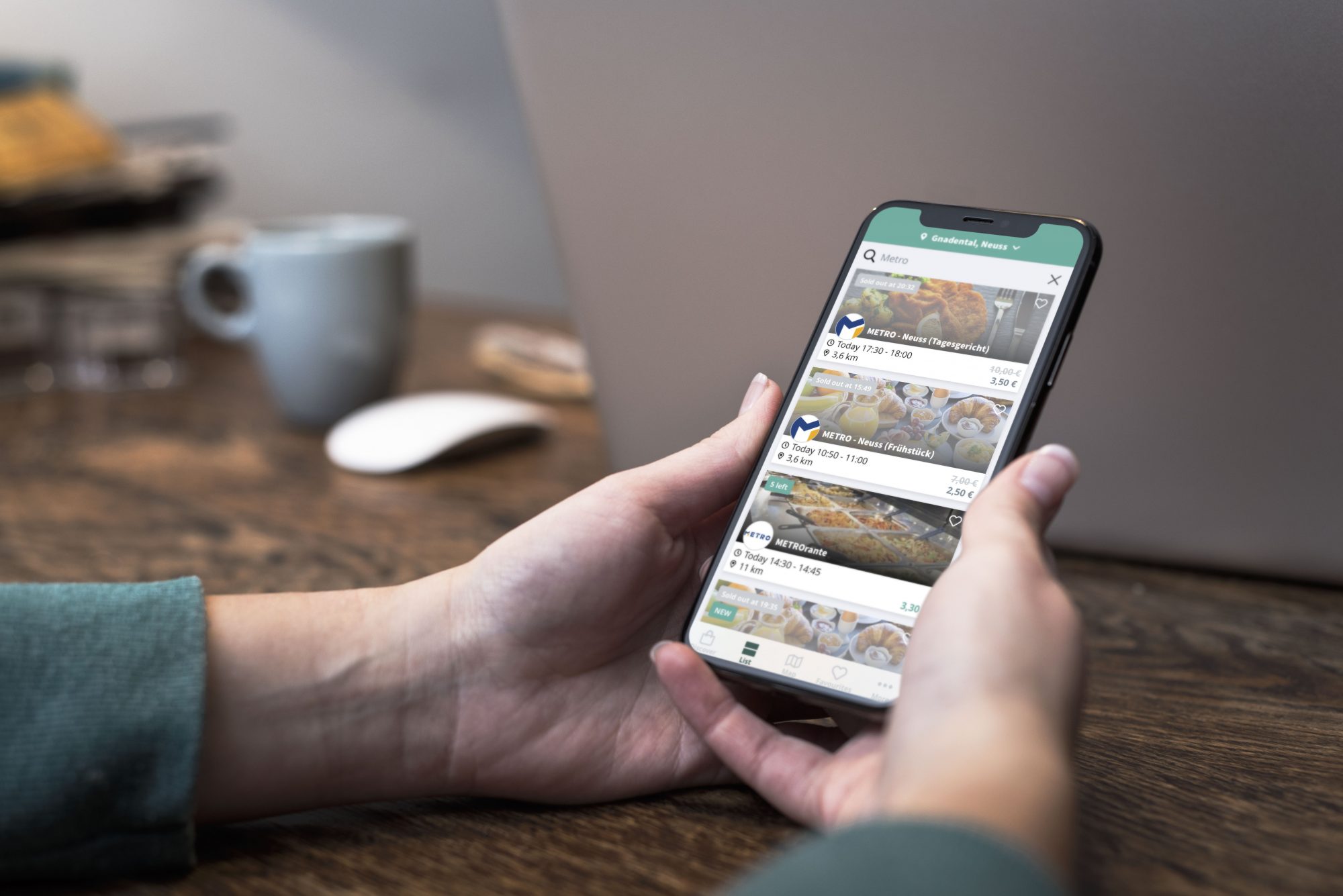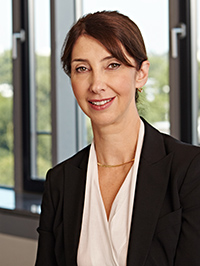Recent data shows that in Germany alone 12 million tons of food goes to waste every year. Worldwide this adds up to more than 1.3 billion tons of edible food that ends up on landfills. Food waste is a global paradox: up until now more than 820 million people are suffering from hunger – even in highly industrialized, wealthy first world countries. On the other hand, we are standing on the verge of climate crisis with offshoots that we are already feeling today and that will affect agriculture, food production and thus global food security of an ever-growing world population. Food waste is not only synonymous with the loss of valuable and finite resources. Food waste is also a massive greenhouse gas emitter, a true climate killer.
When back in 2015 The Consumer Goods Forum issued the “Resolution on Food Waste” we were among the first companies to join. As an international wholesale and food specialist with operations in 36 countries it is our obligation to fight food loss and waste. We trade with resources, hence using them responsibly and efficiently means nothing less than investing in our future and the future of our some 24 million professional customers who cater to the needs of millions of their own customers day to day.
But the commitment that we gave can only be a starting point. The Consumer Goods Forum offers a pre-competitive and level playing field for us food, consumer goods and industry experts to exchange and learn. However, it is our obligation to translate commitments, experience, dialogue and learnings into concrete actions. With regards to the global food waste and climate crisis this is something we cannot put enough ambition, strength, determination and courage for innovation into.
At METRO, our starting point was our long-standing partnership with the German food bank. Today, we work with food banks in 21 countries and alongside the European Food Bank Association (FEBA) to support the networking of food banks among each other and to speak out against hunger and food waste with a common voice on the European political stage.
To avoid food loss and waste in own operations we had homework to do. We had to understand in which processes we were losing food to change and innovate them. In India, where the temperatures and climate are a challenge to the transportation of farmed goods, we for example installed collection points in rural areas. Farmers now have only short distances to overcome and once they drop of their goods at the collection points, we can ensure that they are stored and transported without further losses. Furthermore, we can benefit from our wholesale business model because we can claim without hesitation that we know all our customers personally. This makes it easier for us to sell goods that are close to their sell-by date. With an efficient ordering and stocking system that is also closely linked to customer needs on the one hand, and the experience of our specialists in the stores on the other, we can also avoid wasting food due to poor planning.
Still, with the quick wins and the long-lasting partnerships at hand we face the risk of falling short of our goal of halving food waste in our own operations by 2025. This is why we constantly look beyond our own horizons and cooperate with start-up companies, some of which were founded solely for the purpose of combating food waste. In Berlin for example, we cooperate with the food outlet and social start-up SirPlus that sells otherwise unsaleable food and beverages in 4 stores and currently is crowd-funding an online store with delivery throughout Germany. Only recently, on 18th September, we also announced the extension of our partnership with the food rescue app Too Good To Go. Originally started in October 2018, we jointly rolled out a pilot to all our stores in the Netherlands as well as two store restaurants in Germany. Within 3 months more than 12,000 meals were saved from landfill. With our partnership we don’t only rescue food from our own operations but we also promote uptake and use of the app within our core customer group, hoteliers, restaurateurs as well as caterers, thus helping them save surplus food.
In addition, together with start-ups and academia we test among other things intelligent packaging and cloud-based real-time cool chain tracking that enables dynamic shelf life data for ultra-fresh products. We test tools for professional kitchens that track and evaluate food waste and help develop waste avoidance strategies.
All in all, in addition to strong partnerships and the courage to test innovative ideas, we need a better understanding of the value of food. This is an important message that we food manufacturers and retailers need to convey to our customers as well. After all, “working together” in the fight against food waste includes the entire value chain – from farm to fork. We all need to respect and value food and those who grow, nurture and prepare it.
This post was written and contributed by:
Veronika Pountcheva
Global Director Corporate Responsibility and Senior Vice President
METRO AG
About Veronika Pountcheva
As Global Director Corporate Responsibility and Senior Vice President of METRO AG, Sofia-born Veronika Pountcheva heads the sustainability strategy and development of the international wholesale and food specialist. Veronika has more than 20 years of experience in wholesale, being Managing Director of various METRO companies. She is an acting Co-Chair of the Sustainability Pillar of the Consumer Goods Forum and serves at the board of amfori BSCI. Veronika is passionate about environmental and societal change, hence she works on building strong partnerships with business partners, investor community and NGOs for sustainable societal and environmental transformation. She supports food innovation as startup business angel. Furthermore, as an advisory board member of LEAD Network she advocates for diversity in the consumer goods and retail sectors.



